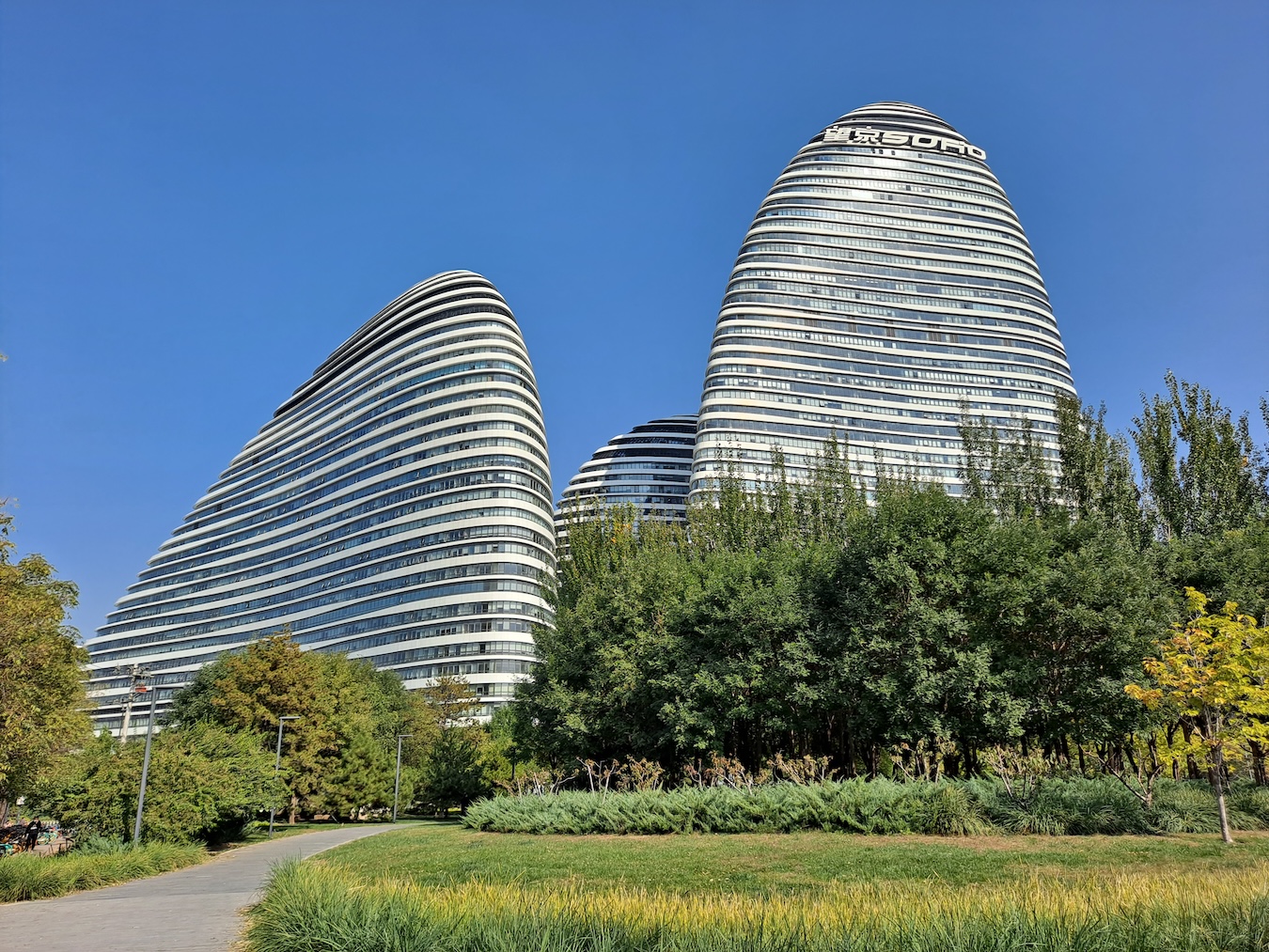by Brian Hioe
語言:
English
Photo Credit: N509FZ/WikiCommons/CC BY-SA 4.0
TAIWAN’S MAINLAND AFFAIRS COUNCIL (MAC) has issued a travel warning for China, lifting the alert level to “Orange.” This means that the MAC only recommends non-essential travel to China at present.
The MAC’s raising of the alert level takes place after late last month, Chinese courts announced new legal guidelines that include the death penalty for supporters of Taiwanese independence. These individuals are termed “diehard Taiwanese independence separatists,” with the death penalty specified for “ringleaders” of Taiwanese independence. As such, some interpretations of the new legal guidelines were that this was another move aimed at politically intimidating Taiwan by targeting Taiwanese political leaders.
This would prove similar to previous moves such as a September 2021 ban on Su Tseng-chang, Joseph Wu, and Yu Shyi-kun, who were then serving as Premier, Minister of Foreign Affairs, and Legislative Yuan president, that prevented them or their relatives from entering China or conducting business with Chinese entities. This was followed up in May 2024 with sanctions on five Taiwanese citizens and their family members. These individuals were Huang Shih-tsung, Lee Zheng-hao, Liu Bao-jie, Wang Yi-chuan, and Yu Pei-chen, who were politicians or political commentators.
Still, over the past weekend, it was reported that a Taiwanese man named Chen Po-wei, born 1985, had been detained and questioned in the Hong Kong Disneyland. Chen shared the same name as the former Taiwan Statebuilding Party legislator, as well as the same year of both. Former Taoyuan city councilor Wang Hao-yu posted about the apparent incident on Threads, though the source of this information is to be confirmed.
Given his high public profile, it was unlikely that Chen Po-wei, that is, the former legislator, would have been foolhardy enough to travel to Hong Kong. Yet evidently, being born in the same year and having the same name was enough to lead to his detention. Specifically, the Chen Po-wei who was detained’s name was a homophone for Chen Po-wei the former legislator, though he may not have shared the same characters in his name.
Consequently, it is possible that measures directly targeting Taiwanese in China may have escalated, hence the MAC raising its alert level. The Chen Po-wei case may only be one of a number of incidents that may not have necessarily come to light, but this is unclear.
 Photo credit: 钉钉/WikiCommons/CC BY-SA 4.0
Photo credit: 钉钉/WikiCommons/CC BY-SA 4.0
In particular, China’s previous singling out of five individuals in May 2024 was seen as China expanding its targeting of Taiwanese not only to political leaders, but also to media commentators. Yet the new legal guidelines that China rolled out late last month also state that individuals who “extensively distort and falsify the fact that Taiwan is a part of China in the fields of education, culture, history, and news media” could face punishment. This could signify that media commentators, academics, educators, or others could potentially face punishment going forward.
Yet the guidelines are vague and what China understands as pro-independence sometimes prove very different than what is understood as pro-independence in Taiwan itself. A prominent case in point is when Chou Tzuyu, the Taiwanese member of TWICE, came under fire from Chinese fans for waving an ROC flag in a video–something that would not be perceived as an expression of support for independence in Taiwan itself but might be misunderstood as such by Chinese. This raises the possibility that Taiwanese could be targeted for what is misunderstood as pro-independence sentiment.
Indeed, when one reviews the Taiwanese currently detained in China on political charges, a number are actually pro-unification advocates with a background in the KMT. It is also possible that Taiwan’s standard curriculum comes to be framed as pro-independence by China and regular high school, middle school, or even elementary school teachers are targeted by China going forward. To this extent, the new legal guidelines rolled out by China may be intended with similar aims to national security legislation in Hong Kong, as well as the targeting of a number of activists with a range of backgrounds in a manner intended to create a chilling effect through ambiguity on who may be targeted.
Any targeting of Taiwanese on such a basis significantly raises the stakes of cross-strait tensions, but it is possible that such targeting will not take place in a coordinated manner either. After all, there is the danger of individuals being targeted by over-zealous local officials, rather than as a directive that comes from the top.

